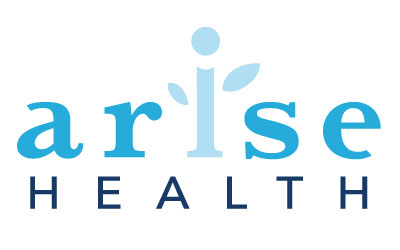by Nicola Raimbert – Osteopath
Emotional intelligence, the ability to define and articulate our emotions is an important skill that helps us to cope with and process emotion in healthier ways. Anxiety is an incredibly common emotion. But what it is? How do we define it?
The APA defines anxiety as ‘an emotion characterised by feelings of tension, worried thoughts and physical changes, such as increased blood pressure.’ It feels like an escalating loss of control, worst-case scenario thinking and total uncertainty. It can be accompanied by restlessness, fatigue, difficulty concentrating, irritability, increased muscle tension and trouble sleeping. It can be a transient state in response to a specific situation, or a long standing trait, part of an individuals personality that shows in their behaviour, actions and feelings.
Like many individuals, I have experienced anxiety (and the odd panic attack) intermittently since I was a teenager. I didn’t know what it was until I was in my mid twenties. Identifying it, confronting it head on and understanding our it affects me, gives me the power to manage it. There are so many different strategies we can use. Here’s what has helped me.
– Three initial psychology sessions to understand my history and triggers; learning mental and breathing exercises to control it.
– Stopped taking the oral contraceptive pill – anxiety can be a pre-menstrual symptom that the pill makes worse.
– Herbal medicines – a maintenance tool to support stress and hormone function. I take them when I feel under the pump or sleep deprived.
– Traditional Chinese Acupuncture or Cranial Osteopathy every 6-8 weeks — manual therapies are incredibly calming to the nervous system. This is my self-care practice.
– Connecting with nature – typically the bush or the ocean. I find expansive horizons incredibly comforting and put life into perspective.
– Saying No – healthy living is about managing load. Recognising when there is too much on my plate and prioritising my own needs reduces my incidence of anxiety.
– Asking for help – being open with loved ones about when I’m feeling anxious and asking for support reduces my load and the severity of anxiety.
– General good lifestyle habits – regular sleep routine, healthy balanced nutrition, regular exercise, community connection and moderated caffeine intake all help to support our bodies be the best they can be.

